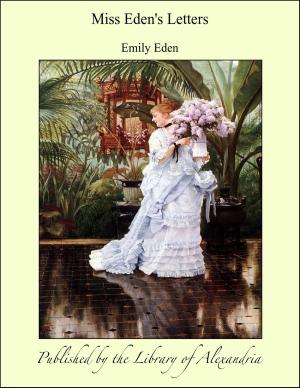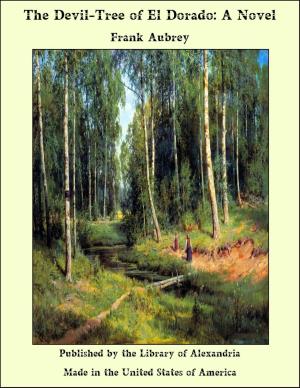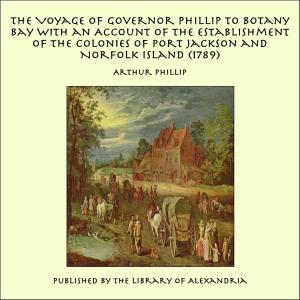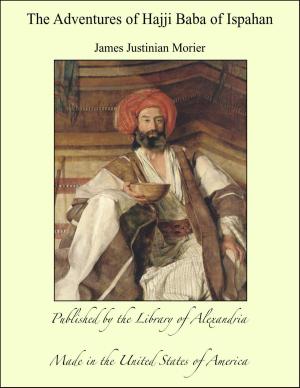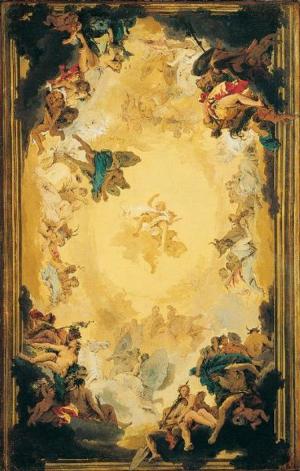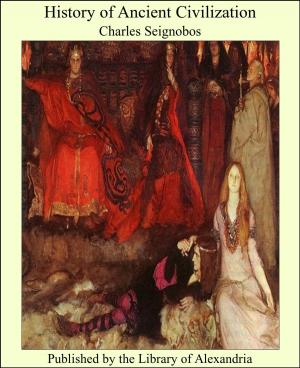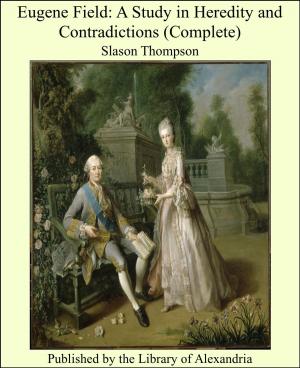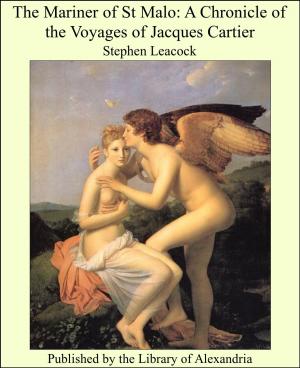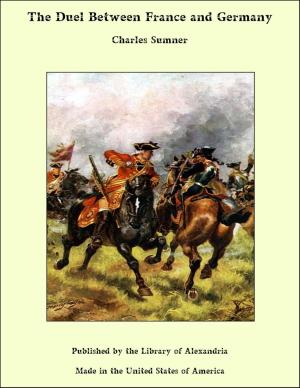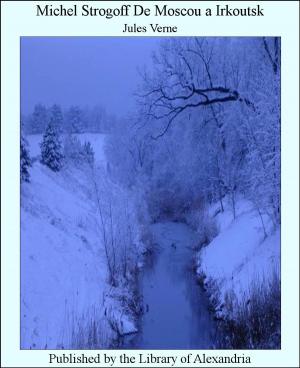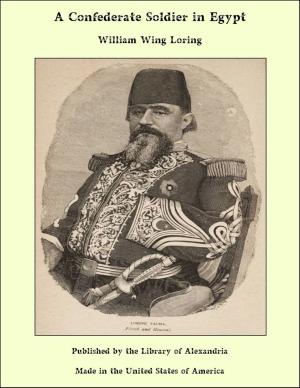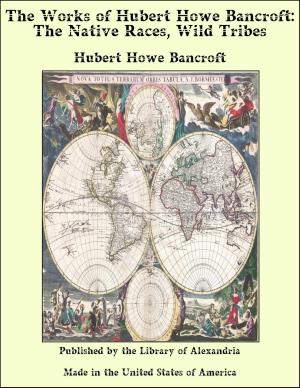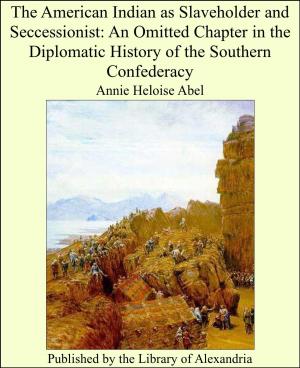The Flying Boat: A Story of Adventure and Misadventure
Nonfiction, Religion & Spirituality, New Age, History, Fiction & Literature| Author: | Herbert Strang | ISBN: | 9781465571656 |
| Publisher: | Library of Alexandria | Publication: | July 29, 2009 |
| Imprint: | Library of Alexandria | Language: | English |
| Author: | Herbert Strang |
| ISBN: | 9781465571656 |
| Publisher: | Library of Alexandria |
| Publication: | July 29, 2009 |
| Imprint: | Library of Alexandria |
| Language: | English |
Two great forces have contributed to the making of the Anglo-American character. The types, broadly classed in England as Puritan and Cavalier, repeated themselves in the New World. On the bleak Massachusetts coast, the Puritan emigrants founded a race as rugged as their environment. Driven by the force of compelling conscience from their homes, they came to the new land, at once pilgrims and pioneers, to rear altars and found homes in the primeval forest. It was not freedom of worship alone they sought, but their own way. They found it and kept it. Such a race produced a strong and hardy type of manhood, admirable if not always lovable. But there was another force at work, moulding the national character, a force as persistent, a type as intense as the Puritan’s own, and its exact opposite. The men who settled the Southern Colonies, Virginia, Maryland, and the Carolinas, were Cavaliers; not necessarily in blood, or even in loyalty to the Stuart cause, but Cavalier in sympathies, in the general view of life, in virtues and vices. So far as the provinces could represent the mother country, Virginia and Maryland reflected the Cavaliers, as Massachusetts and Connecticut reflected the Puritans. Their settlers came, impelled by no religious motives, and driven by no persecution. They lacked, therefore, the bond of a common enthusiasm and the still stronger tie of a common antipathy. Above all, they lacked the town-meeting. Separated by the necessities of plantation life, they formed a series of tiny kingdoms rather than a democratic community. To the Puritan, the village life of Scrooby and its like was familiar and therefore dear; but to the Southern settlers, the ideal was the great estate of the English gentry whose descendants many of them were. The term, “Cavalier,” came into vogue in the struggle between Charles the First and his Parliament, but the type itself was already well-developed in the reign of James, and under the fostering influence of Buckingham. A great deal of energy has been wasted in the discussion as to how much of this Cavalier blood was found among the early settlers. It is enough that we know that, between the coming of the first adventurers and the Restoration, the number of “gentlemen” was sufficient to direct the policy of the State, and color the life of its society
Two great forces have contributed to the making of the Anglo-American character. The types, broadly classed in England as Puritan and Cavalier, repeated themselves in the New World. On the bleak Massachusetts coast, the Puritan emigrants founded a race as rugged as their environment. Driven by the force of compelling conscience from their homes, they came to the new land, at once pilgrims and pioneers, to rear altars and found homes in the primeval forest. It was not freedom of worship alone they sought, but their own way. They found it and kept it. Such a race produced a strong and hardy type of manhood, admirable if not always lovable. But there was another force at work, moulding the national character, a force as persistent, a type as intense as the Puritan’s own, and its exact opposite. The men who settled the Southern Colonies, Virginia, Maryland, and the Carolinas, were Cavaliers; not necessarily in blood, or even in loyalty to the Stuart cause, but Cavalier in sympathies, in the general view of life, in virtues and vices. So far as the provinces could represent the mother country, Virginia and Maryland reflected the Cavaliers, as Massachusetts and Connecticut reflected the Puritans. Their settlers came, impelled by no religious motives, and driven by no persecution. They lacked, therefore, the bond of a common enthusiasm and the still stronger tie of a common antipathy. Above all, they lacked the town-meeting. Separated by the necessities of plantation life, they formed a series of tiny kingdoms rather than a democratic community. To the Puritan, the village life of Scrooby and its like was familiar and therefore dear; but to the Southern settlers, the ideal was the great estate of the English gentry whose descendants many of them were. The term, “Cavalier,” came into vogue in the struggle between Charles the First and his Parliament, but the type itself was already well-developed in the reign of James, and under the fostering influence of Buckingham. A great deal of energy has been wasted in the discussion as to how much of this Cavalier blood was found among the early settlers. It is enough that we know that, between the coming of the first adventurers and the Restoration, the number of “gentlemen” was sufficient to direct the policy of the State, and color the life of its society

